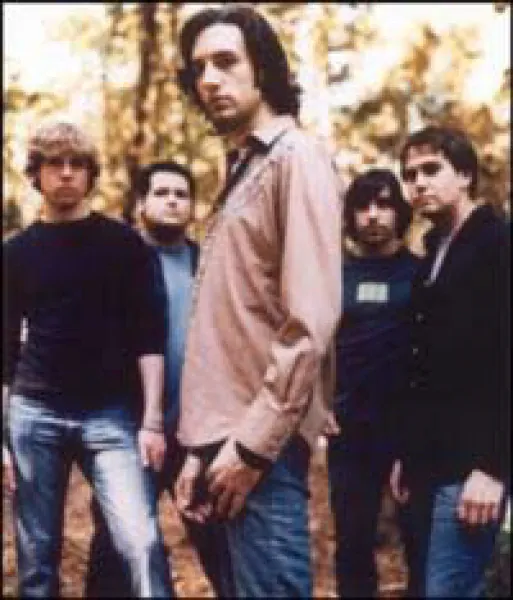
The Juliana Theory
Top The Juliana Theory albums
Top The Juliana Theory lyrics
The Juliana Theory biography
The five guys who have chosen the somewhat mysterious moniker of the Juliana Theory to represent their band have successfully transformed themselves from punk and hardcore kids restricted by the constraints of the emo genre into genuine, credible musicians. Their songs display dynamics, sk**, and attention to melodious detail that defies their youthful, upbeat, and often lyrical optimistic personas. br /br /The Juliana Theory formed in western Pennsylvania in 1997 around vocalist Brett Detar, ba**ist Chad Alan, guitarist Josh Fiedler, and two other friends. It was primarily a side project for Detar at first due to his commitment as guitarist and major songwriter for metalcore band Zao. Eventually, Detar's poppy side won over, and he decided to commit to the Juliana Theory full-time, amicably exiting Zao. br /br /A split EP with the band Dawson High on Arise Records marked the band's recorded debut. Their live shows were electric, filled with smiling tongue-in-cheek, bubblegum pop moves -- including the guitarists' penchant for tossing their picks in the air and catching them. Drummer Neil Hebrank and guitarist Josh Kosker were also aboard as the Juliana Theory signed a multi-album deal with Seattle-based Tooth & Nail. Their debut full-length, Understand This Is a Dream, was released on March 23, 1999. It was full of dreamy, whimsical pop songs, but also hinted at a greater depth that would later be more fully explored. br /br /But first, ma**ive touring in the album's support was on the plate, with the Juliana Theory sharing stages with many bands and performing at several national festivals. The band reentered the studio in 2000, first unleashing a three-way split CD with Onelinedrawing and the Gray AM through Onedaysaviour, and next producing the accomplished, heavily polished, and dynamic Emotion Is Dead album. The Juliana Theory's sophomore opus explored darker depths than their previous outings had touched upon, conjuring emotive power ballads and soaring rock scorchers through textured layering and incredible harmonies. br /br /Detar began playing third guitar more and more in the live setting as the band's fan base increased dramatically. Growing increasingly weary of the emo tag and fed up with their bubblegum emo image and sound, the Juliana Theory began growing longer hair and writing substantially more focused compositions. Virtually every major label under the sun became interested in the group and in 2001, the Juliana Theory signed a recording contract with Epic/Sony. A few dates on the 2001 Warped Tour followed. On October 23 of the same year, the Juliana Theory released six new songs as the Music from Another Room EP on Tooth & Nail. The songs charted new territory for the quintet, evoking the epic dynamics of late-'70s prog rockers like Rush, Yes, and Genesis. A round of performing with the similarly minded Movielife and Detar's old mates in Zao followed. br /br /The following full-length album, Love, continued this move away from genre conventions. It showed the band jumping into a more mainstream approach without sacrificing its intensity or experimental flourishes. It was also released on Epic, making it the official first major-label release from the band. Epic didn't work out for the Juliana Theory, however, and the band issued a live album through Tooth & Nail before signing with indie imprint Abacus for September 2005's Deadbeat Sweetheartbeat. A best-of collection from their years on Tooth and Nail, A Small Noise, appeared in February 2006. That same month, the group formally announced their decision to break-up. ~ Ryan J. Downey, All Music Guide
